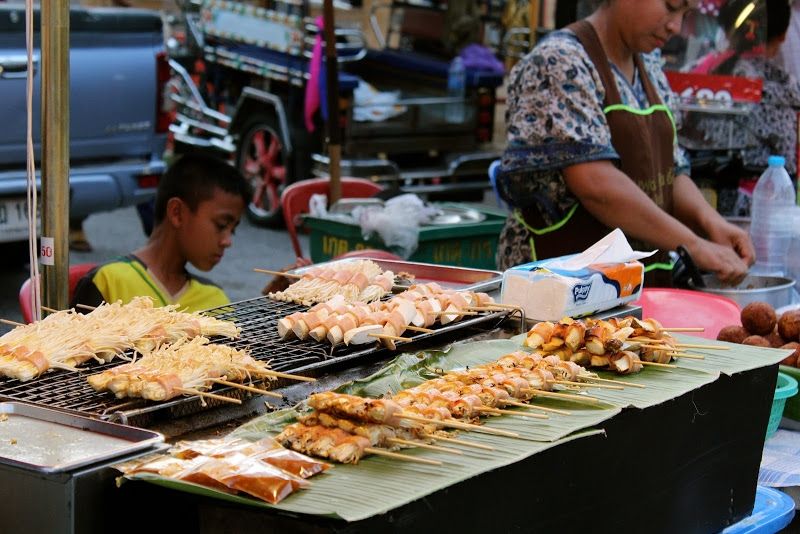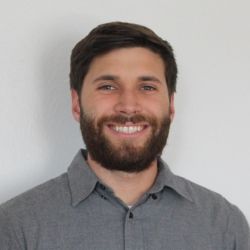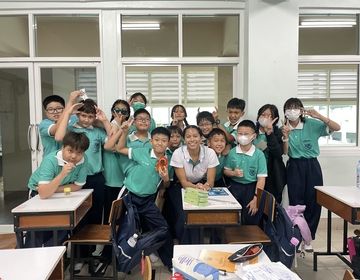How to Fit into Thai Culture as a Foreign English Teacher
How to Fit Into Thai Culture
Culture shock is a real thing. If you don’t believe that, then try living in another culture. It might change your opinion. I definitely experienced my fair share of culture shock moving to Thailand. Once some of the initial intensity wore off, I was able to think through some of the key principles that helped me adjust. Here’s what I came up with.

The Guiding Principle: watch the locals, but remember you are not one.
I call this the guiding principle because it really will help you get through most of your time in a new culture. When you don’t know what’s happening, look to the locals. For example, I quickly learned when the director of our school walked by, you bowed. Nobody told me to do it, but when I saw everyone else doing it, I could gather that I was supposed to too. It might sound simple to just watch the locals, but it will get you so far culturally. Sometimes it will take you too far, which is why I say to remember you are not a local. Even though you might feel like you’ve figured out the culture and its systems, remember you will always be seen as a foreigner. For example, while traveling by bus, I saw that many locals told the bus driver where to drop them off, rather than just waiting to get off at the bus station. On the way, they would have the driver pull over near wherever they were going. Unfortunately, my lack of Thai language and status as a foreigner really prevents me from doing this. Even if I could communicate the information, the driver doesn’t know that I live and work there. To him, I’m just another foreigner, and he would likely not appreciate me approaching him as a local. It’s a fine line, but something to be careful about.
This is a general rule to live by, but here are some more specific principles I’ve learned:

Be Modest
This is more for women than men. And honestly, I’ve learned more about it by talking to my wife than personal experience. But it’s really true that there are different values and expectations about how women will dress. I’m not trying to say it’s right or wrong, but rather that it is a real thing to be aware of. We moved from Southern California that holds drastically different values. And if you import those values into Thai society, you will be perceived in a certain light. So an easy way to fit in is by dressing according to their values. For this reason, my wife chooses to wear loose linen pants and avoids wearing tank tops. It’s a value decision to honor their culture, rather than hold onto what we are used to. It also helps her avoid unwanted attention in public and makes her feel appropriate and honorable when we see our students and families outside of school.

Eat at markets
If your goal is to get the real Thailand experience and truly assimilate into their culture, then eating street food is important. Many Thai families have little to no kitchen and rarely eat at restaurants. Most of their meals consist of street food either purchased near their home or at a market. Small street vendors ranging from simple meat on a stick to full on meals can be found throughout the city. If you're lucky, you might find a good place on your street. If not, don't worry because each city has several major markets. Typically they will have a night market for dinner located somewhere central as well as a wet market for produce, meat, and other products. Some markets will have chairs and small tabels, but it really varies. We usually pick up food and head somewhere else to eat. Most vendors will give you a plastic spoon and fork, depending on what you need for the food. This truly is a Thai way of life. We struggled to find where to get food until we started heading to markets in the evening.
Don’t be direct
What’s the shortest distance between to points in Thailand? The answer is not a straight line. Indirectness is a way of life. When we hear announcements in the office, they don’t come directly. Rather, we are expected to listen to our coworkers talk about an upcoming event and assume we will be involved. This can be frustrating. However, learning to communicate indirectly is a key to existing in Thai culture. For example, our boss never tells us anything. If they need to communicate something, another more seasoned coworker will tell us. And if you try to talk to the boss directly, you will likely not get a straight answer and later hear from the same seasoned coworker what the boss really wants you to know.

Smile and bow
Finally, when in doubt, smile and bow. Due to our lack of language skills and cultural awareness, early on we found ourselves in plenty of confusing encounters. What we quickly learned was even if you didn’t know how to appropriately respond, you could always smile respectfully and bow. It might not be much, but the Thai people are very receptive to a smile and bow. It’s as if they can see that even though you don’t fully know what you’re doing, at least your trying. So when in doubt, smile and bow.
Hopefully these principles and pieces of advice will help prepare you to step into Thai culture. But, always remember that just because you make a mistake culturally doesn't mean you shouldn't be there. Remember to be patient with yourself. You can and will adjust.
Related Posts
Rewriting My Top 10 Reasons: What a Year in Thailand Taught Me
Revisiting my First Blog Post If you scroll through my blog posts, you will find my first post: Why to Teach English in Thailand: My Top 10 Reasons. For anyone... keep reading
Exploring Thailand's Neighbors: Traveling To Laos and Cambodia
When I moved to Thailand, I knew that exploring Southeast Asia was high on my list of things to do. There were many places in Thailand I wanted to see... keep reading
Your Guide to Thailand’s Regions: Picking Your Top Three
My arrival in Thailand was my first experience coming to Asia. Even though I knew I wanted to go to Thailand, I honestly knew very little about its culture. All... keep reading







